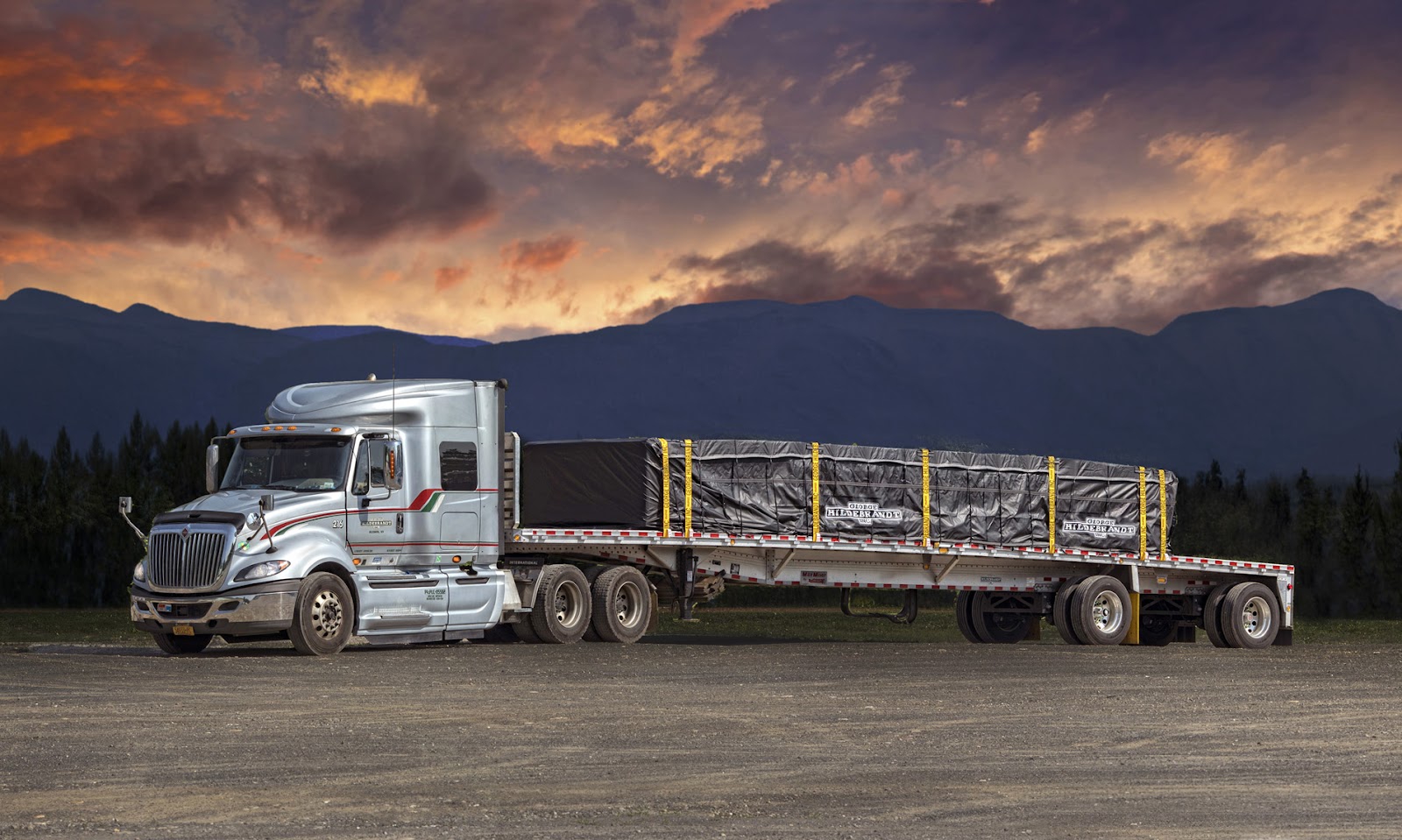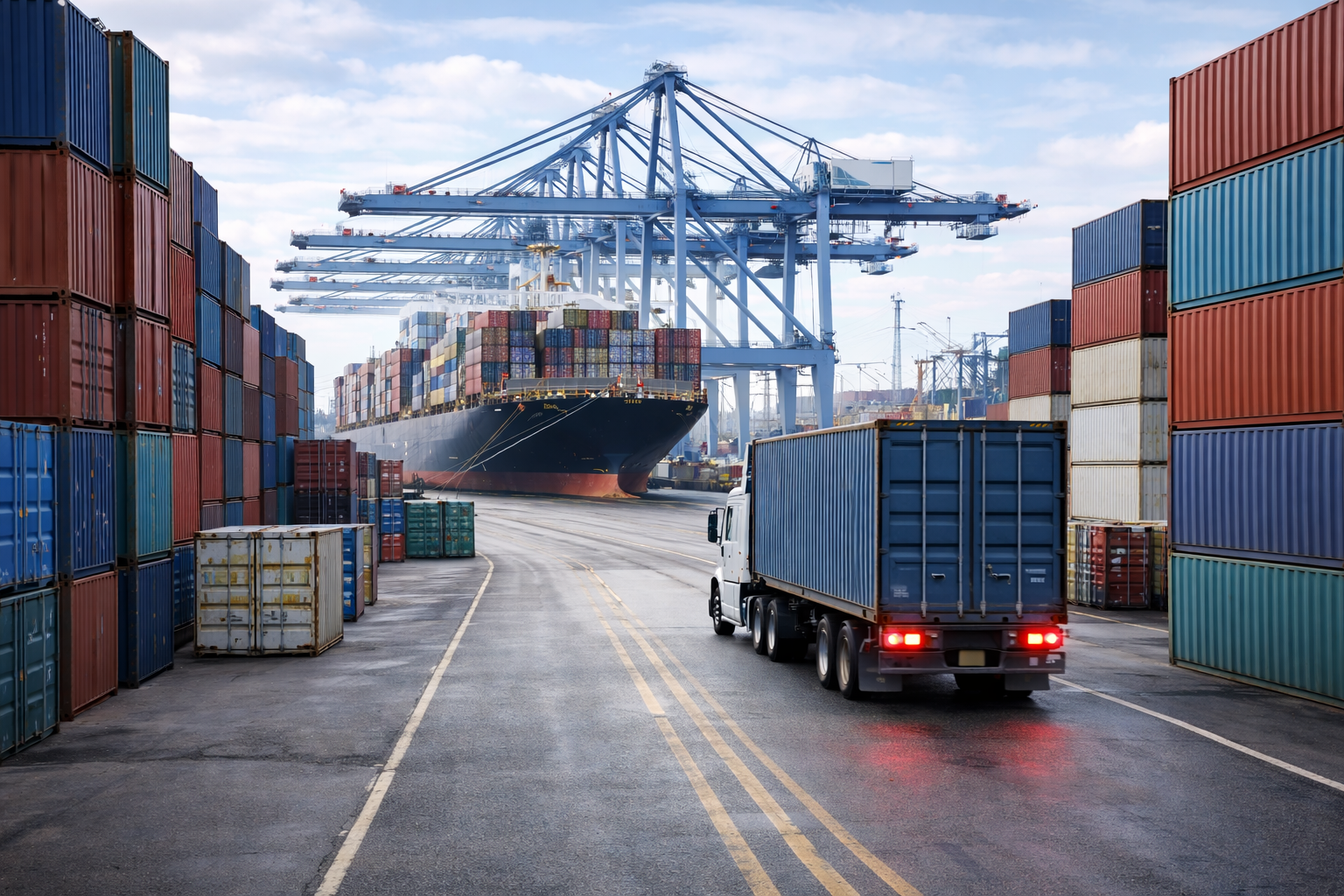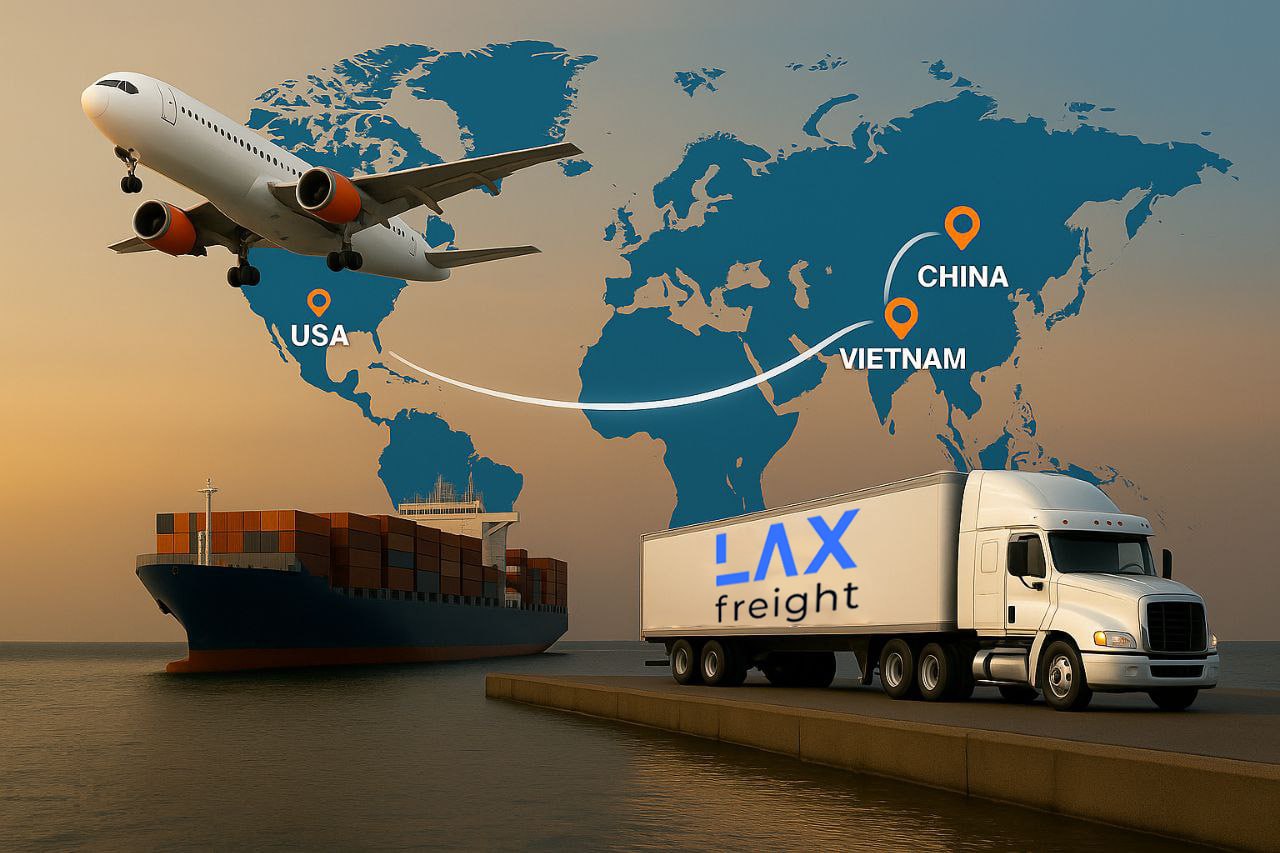Heavy haul trailers are essential part of the logistics sector. They include various configurations for the different requirements and cargo types. Each option provides unique specifics of usage and advantages, knowing which will help you select the right option for the cargo. The article reviews common types of trailers for hauling oversize loads.
What is a Heavy Haul Trailer Used For?
Heavy haul trailers are vehicles that are used exactly for shipping of the cargo that exceeds the limits for standard transportation. This type of shipment is essential for a range of sectors, such as construction, mining, energy, and manufacturing. The oversize load trailer use ensures the safe and efficient delivery of such cargo. At the same time, it involves detailed route planning, specialized equipment, and adherence to regulatory requirements.
Key applications industries
Construction sector. These projects often require transportation of large machinery, such as excavators, cranes, and bulldozers. Such equipment is too large and heavy to ship it by standard trailers.
Mining facilities. These operations require the shipment of equipment, such as draglines, drilling rigs, and earthmovers. Oversize load trailers can handle the immense weight and size of the cargo, ensuring it reaches mining sites.
Energy sector. In particular, the oil and gas sector requires the shipments of large cargo, such as turbines, generators, and pipeline structures. These elements are essential for the power plants and refineries.
Manufacturing industries. Producers often have to transport large-scale industrial equipment and machinery. Oversize load trailers provide an option to ship such items from the manufacturing site to the final destination.
Flatbed trailer
These trailers are among the most commonly used heavy-haul trucking options. Their main feature is the flat open deck with no sides or roof. Thus, it’s ideal for transporting oversized cargo that does not fit into enclosed trailers. Their adaptability and capacity help to handle diverse cargo types. In addition, these trailers provide simplification of loading and unloading processes that is beneficial for shipping heavy machinery and construction equipment.
Flatbed trailers usually transport the goods needed for the construction projects (steel beams, concrete pipes), heavy machinery (bulldozers, excavators, tractors), and manufactured goods (prefabricated homes, large industrial tanks).
Lowboy Trailer
Lowboy trailers can also be referred to as low-bed or low-loader trailers. They’re designed to transport extra-tall and heavy equipment. The unique design foresees a lower deck height, providing significant advantages for transporting loads exceeding height restrictions.
The deck height usually ranges between 18 and 24 inches off the ground. Some lowboy trailers also can be extended in length if needed for a specific cargo. This option is a benefit for shipping large construction or agricultural machinery or wind energy components, such as tower sections and nacelles.
The use of lowboy trailers is common for transportation of construction and agricultural equipment, industrial machinery, and wind energy components. This list may include cranes, pavers, generators, transformers, combines, tower sections, and large nacelles.
Stretch Single Drop and Double Drop Deck Trailers
Stretch single drop and double drop deck trailers are specialized transportation solutions for extremely long and oversize loads. These trailers can provide the flexibility to extend their length, ensuring a variety of freight dimensions. The unique configuration of the trailers provides additional advantages for extra length or tall items.
This trailer type has two main configurations. Stretch single-drop decks have a lower deck height than flatbeds, which is advantageous for taller loads. Stretch double drop decks have a lower middle deck, which is ideal for transporting tall equipment in compliance with height restrictions.
Stretch single and double drop deck trailers are equipped to handle many cargo types. The extendable deck simplifies loading and unloading activities for oversized cargo transportation.
Removable Gooseneck Trailers (RGNs)
RGNs are a versatile type of oversize load trailers that have a detachable front end, as their key feature. The removable gooseneck allows the end to be detachable and lower the deck to the ground. It eases loading for heavy machinery and vehicles. Removable gooseneck trailers also have extendable decks that provides extra flexibility to transport longer loads. Their adaptability, load capacity, and ease of operations are advantages to transport oversized loads.
This type of oversize load trailers handles with shipments of heavy machinery. It may include equipment for the construction, agriculture, industrial, and military industries.
Dual-Lane Trailers
Dual-lane trailers have two parallel lanes as their main feature. This design allows even weight distribution over a wider area, reducing the pressure on the axle and improving stability. This design is beneficial for shipments of heavy and wide cargo. Two parallel lanes double the width available for load placement. With less weight on each axle, it minimizes the risk of damage to roads and bridges. It also provides enhanced stability and excellent safety for goods during transportation.
Some such trailers foresee modular configuration option, allowing to adjust them in length and width to different load dimensions.
Dual-lane trailer are commonly used for shipping of power transformers and generators, cranes, bridge sections, tunneling machinery, large turbines, manufacturing equipment, and aerospace parts. Thus, these shipments are vital to the construction, industry, power, and aerospace sectors.
Conclusion
Heavy haul transportation is vital element of the logistics and transportation of oversized and weight cargo. The specialized trailers provide safe and efficient shipping for various industries, including construction, energy, manufacturing, and other. Such transportation requires a thorough review of trailer options. Each cargo type will require individual shipping, loading, and unloading decisions. Heavy haul trailer types offer unique characteristics and options for heavy haul trucking.
LAX Freight offers a range of solutions for heavy haul cargo transportation, helping you deliver the goods without delay and hassle. We put your needs first and find the ideal route and carriers for your load.



